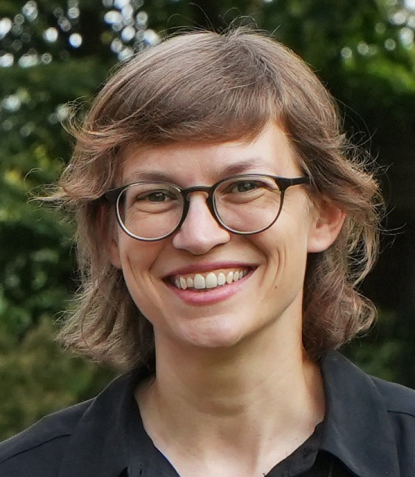The sustainable development of urban districts is closely linked to increasing the resource efficiency of material flows: The basis for a resource-efficient use of material flows is integrating district-related material flow management into municipal planning processes. This material flow management controls material flows in all phases of the district development, from new planning through use or conversion to demolition. In addition, the material flows of different sectors, such as construction materials for buildings and infrastructure, energy sources for electricity and heat supply or emissions, such as greenhouse gases or waste, are combined.
RessStadtQuartier1+2 – project completion and closing events of the RES:Z funding initiative
The RessStadtQuartier2 project from the “Resource-efficient urban neighbourhoods for the future – RES:Z” funding initiative was successfully completed in August 2024. Together with the first project RessStadtQuartier1, the two projects have made significant progress in the field of resource-efficient urban development and neighbourhood-based material flow management over the past five years.
A “Resource efficiency toolbox” was developed in RessStadtQuartier1 (2019 – 2022, FKZ: 033W109A) to assess and increase resource efficiency within neighbourhood-based material flow management. This toolbox contains knowledge and information bases as well as practical instruments that can be used to implement suitable measures to increase resource efficiency in all phases of neighbourhood development. The innovation potential and the degree of novelty of the developed “Resource Efficiency Toolbox” lies in particular in the linking of Life Cycle Assessment (LCA) approaches, Building Information Modelling (BIM) and GIS-based cadastres. This is done conceptually by linking the “physical life cycle” with the “planning cycle” of neighbourhoods. RessStadtQuartier2 (2022 – 2024, FKZ: 033W109AN) established the “Resource Efficiency Toolbox” in practice, in which six tools were tested in real planning processes and further developed according to application requirements.
The project team would like to thank all associated partners for their active support and cooperation within RessStadtQuartier1+2: thanks go to the participating city of Darmstadt as well as to the associated partner cities of Wiesbaden and Bensheim and the municipalities of Münster (Hesse) and Otzberg as well as to Bauverein AG, SEG Stadtentwicklungsgesellschaft Wiesbaden mbH, Leibniz Universität Hannover and zigmo engineering.
Two final events were held in September as part of the “Resource-efficient urban neighbourhoods for the future – RES:Z” funding initiative. The solutions developed by the projects and the DIN SPEC 91468 “Guidelines for resource-efficient urban neighbourhoods” were presented here. There was also the opportunity to discuss perspectives on how the use of resource-saving technologies and materials can be realised in urban areas together with participants from nationwide networks. Further information on the final events can be found here.
Acronym
RessStadtQuartier2
Acronym
RessStadtQuartier2
Coordinator
TU Darmstadt, Chair of material flow management and resource economy
Duration
01.09.2022 – 31.08.2024
Grantor
Federal Ministry of Education and Research (FKZ: 033W109AN)


